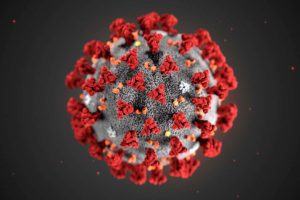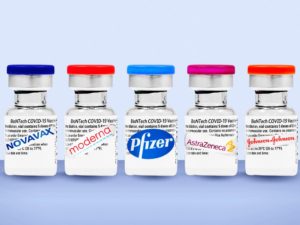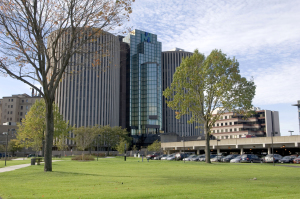By Marquisha Marbury, Research Coordinator, Center for Health Equity Engagement Education and Research
According to the CDC, 1 out of 6 Americans have been fully vaccinated against COVID-19, but a small population of individuals in the US are advised not to take the vaccine. I am one of those individuals. A few years ago, I had a severe allergic reaction to the flu vaccine causing anaphylaxis, and I cannot receive the COVID-19 vaccine at this time. Having Lupus, Myasthenia Gravis, and an organ transplant recipient have placed me in the vulnerable and high-risk category for COVID-19.
not to take the vaccine. I am one of those individuals. A few years ago, I had a severe allergic reaction to the flu vaccine causing anaphylaxis, and I cannot receive the COVID-19 vaccine at this time. Having Lupus, Myasthenia Gravis, and an organ transplant recipient have placed me in the vulnerable and high-risk category for COVID-19.
When the news publicized the initial reports of the COVID-19 vaccine, I was a bit wary of whether it would be effective. I wondered about the side effects, how were the drug companies performing the drug trials, what chemicals were in the vaccine that made it practical, and a list of other questions. In January, I attended a WEDEX presented by MetroHealth African American Alliance Employee Resource Group. The staff and physicians’ panel answered the questions I had regarding the vaccine and eased some of the hesitations. After the presentation, I encouraged my family and friends to get the vaccine when it became available to them. I know some will still opt out of receiving the vaccine and prefer not to wear a mask. I come from a different standpoint because of my medical history, so to each his/her own.
 Although I cannot receive the vaccine, I still believe it will provide a little normalcy for those who can receive it. It allows families to gather safely and cautiously for holidays and maybe attend an Indians’ game this season. However, we still must remain diligent with practicing the CDC’s safety guidelines and prayerfully as there is more research on the vaccines and their effects on patients. There will be a way for individuals with severe adverse vaccine reactions to receive the COVID-19 vaccine safely so that we can safely participate in family gatherings and other social outings this year.
Although I cannot receive the vaccine, I still believe it will provide a little normalcy for those who can receive it. It allows families to gather safely and cautiously for holidays and maybe attend an Indians’ game this season. However, we still must remain diligent with practicing the CDC’s safety guidelines and prayerfully as there is more research on the vaccines and their effects on patients. There will be a way for individuals with severe adverse vaccine reactions to receive the COVID-19 vaccine safely so that we can safely participate in family gatherings and other social outings this year.

